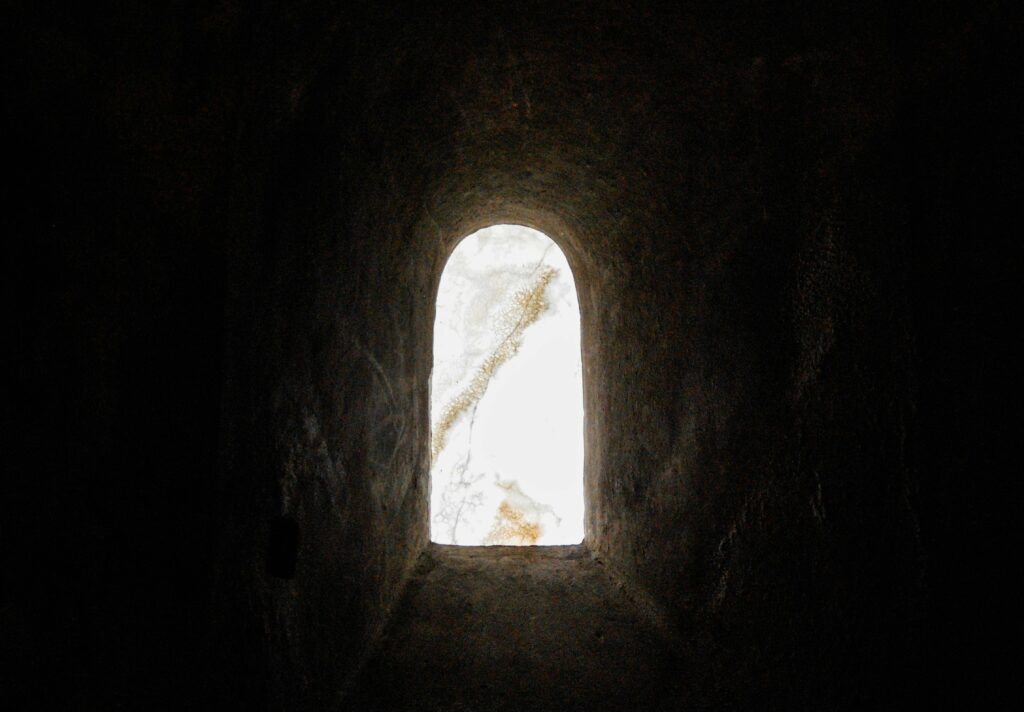Inner silence: a key to managing foresight in the manager
Do not go outside, come back to yourself

One of the qualities that every manager must acquire is the ability to “see” the future. Indeed, we can never fully grasp it, but the ability to anticipate the facts to better prepare for situations that may arise is a quality that corporations ask of their managers.
This quality can be worked on because in the human being, there is a power for this. In the sensory dimension, we have an internal power – an internal sense: the cogitative, which enables us for this capacity. Although animals also have this quality – in them, it is called estimate – in humans, this ability to project the future is perfected by the action of the spiritual intellect, which allows us to reason about future assumptions and design plans that are oriented towards an end that is not yet present.
And although it is only an idea in the human intellect, it is capable of making the person use their other powers to make it a reality. The interest in presenting a winning proposal in a tender means that many current events are oriented towards this purpose. And all these actions will be arranged in an organized and coordinated manner, even with the actions of third parties.
The development of this quality, however, can have a negative effect: living totally in the future. That is, living so much comparing what can happen or trying to control all the variables, that one stops living in the present. And since this leaving the present occurs only internally, its harmful effect is not perceived until after a long time.
In this situation, it is worth remembering that although we are beings who look to the future, we must keep in mind that what gives us specific weight is our personal identity. That is, we are someone. A being with intimacy, with a biography, where our life is not only what we will do tomorrow, but also someone who has had or has parents, uncles, brothers, friends from school, colleagues from the previous job, and a long etcetera, like all the people with whom we have interacted. All these relationships have been carving our inner personal “factions”: our way of responding and acting (and I don’t say react, because the human person never reacts – while he is free, of course – he always acts); our way of smiling; to look. Therefore, recognizing that history allows us to recognize who we are, and only with that baggage on our backs can we project ourselves into the future. Without it, it would be like throwing a stone forward: in itself anonymous and without the capacity for self-determination.
There must be a connection between the past and the future of the human person. And this connection only occurs in inner silence. Hence, silence plays an important role in the correct deployment of this competence that is so important for the manager of a company.
One must learn to be silent internally. Silence our own voices that often accompany us: the internal dialogue about an issue that broke my plans, my proposal, my desires; or the emotional conversation that did not end, and that now, internally, takes me out of where I am; or the correction that I have not yet processed, and that internally follows me wherever I go.
The human person also has this capacity. But it is not about creating an internal void: that is impossible for human beings, because we are relational, dialogic beings; and inwardly, we are not alone, if we know how to open the right door. This is an experience that many people before us have already experienced, and it is also an experience that every person can experience. In the deepest part of oneself, there is the one who made us: not as a part of us, but as someone with whom we can dialogue. To prove it, you just have to try to experience it.
A great philosopher of the 6th century, a man who learned a lot about humanity and who came to this discovery himself, left it written to help those who came after him: “do not go away, return to yourself.”
Related
 (EN)
(EN)
 (ES)
(ES)
 (IT)
(IT)





